Being promoted or taking on the role of Kitchen Manager in a restaurant or commercial kitchen is an honor. It means you are a team leader, organized, and competent in managing all the various aspects of running a kitchen. Becoming Kitchen Manager also means new responsibilities — including creating kitchen plans, managing employees, monitoring food costs, and maintaining your kitchen equipment.
We’ve worked with hundreds of kitchen managers over the years. We know what it’s like to try to keep all the plates spinning while creating a positive work environment for your staff. As you dive into the day-to-day needs of your kitchen, we wanted to provide a few insights to help you manage your equipment and
successfully run your commercial kitchen.
7 Things To Know About Your Equipment
Here are a few best practices to help you maximize the efficiency of your equipment in your role as Kitchen Manager:
1. Learn Which Pieces of Equipment Need Extra Attention
The first thing to do is familiarize yourself with all the equipment that plays an essential role in your daily operations. While you may have experience with a particular line — such as hot-side equipment — it’s important to have a general understanding of all the equipment, including the cleaning equipment and HVAC systems. It’s also helpful to recognize that some
kitchen equipment requires extra attention. By prioritizing these key pieces, you’ll make sure the most important
components of your commercial kitchen will stay reliable and work for years.
2. Recognize the Signs that It’s Time to Replace Your Equipment
The last thing you want is a piece of equipment breaking down without a plan or the budget to replace it. While certain pieces might break unexpectedly, it can be helpful to recognize the signs that your equipment needs service and is possibly becoming unreliable. Paying attention to certain warning signs can help you recognize
when it’s time to replace your commercial kitchen equipment.
3. Make Sure Employees Follow Proper Safety Protocols with Equipment
As Kitchen Manager, part of your job is to supervise kitchen staff to ensure they are following kitchen safety standards. Because there are so many potential safety issues, it’s important to take proactive steps to
ensure a safe working environment for your team members. Make sure employees are properly trained on the operation and maintenance of equipment. Posting safety guidelines on potentially dangerous equipment should also be considered.
4. Maintain a Detailed Cleaning Plan for Your Equipment
As Kitchen Manager, you play a key role in ensuring that your
commercial kitchen equipment is properly cleaned. The best cleaning plans have specific tasks for each day, week, month, and quarter. Purchasing the proper
cleaning supplies for your commercial kitchen is another important responsibility. Keeping parts clean is one of the best ways to extend the life of your commercial kitchen equipment.
5. Train Employees on Equipment Care
Depending on the size of your restaurant, there could be anywhere from two to twenty people working directly with equipment on a daily basis. Without the proper training, you risk the potential of adding a lot of wear and tear to your equipment. The best way to set employees up for success is by providing
practical, relevant information about kitchen equipment. Another helpful best practice is to
train employees to identify potential kitchen equipment issues. This increases the likelihood that you can address issues quickly before they become serious problems.
6. Find a Trustworthy Repair Service
As Kitchen Manager, it's not your job to know how to fix equipment if there’s an issue. But knowing who to hire is an important responsibility. When
choosing the best commercial foodservice equipment repair company, you want to make sure they have a history of great service, a variety of parts on hand, and experience working with the equipment brands you have in your kitchen.
7. Set up a Planned Maintenance Routine
In addition to finding the right service partner, planned maintenance can be one of the most valuable investments you can make to keep your commercial kitchen equipment operating at peak performance. While you may not be the final decision-maker, it can be helpful to know
everything that is included in kitchen maintenance and how to get started.
ATECH: A True Partner for Kitchen Managers
At ATECH, we want to do everything we can to help you be a successful kitchen manager. With a
96% first-call repair accuracy, our team has the experience and expertise to resolve any issue quickly and effectively. We can also help you
set up a customized planned maintenance schedule based on your commercial kitchen’s specific equipment needs.
If you’re looking for a commercial kitchen equipment service partner, we’d love to connect. You can learn
why restaurant managers across Tennessee choose ATECH or
contact us today to learn more about our services.
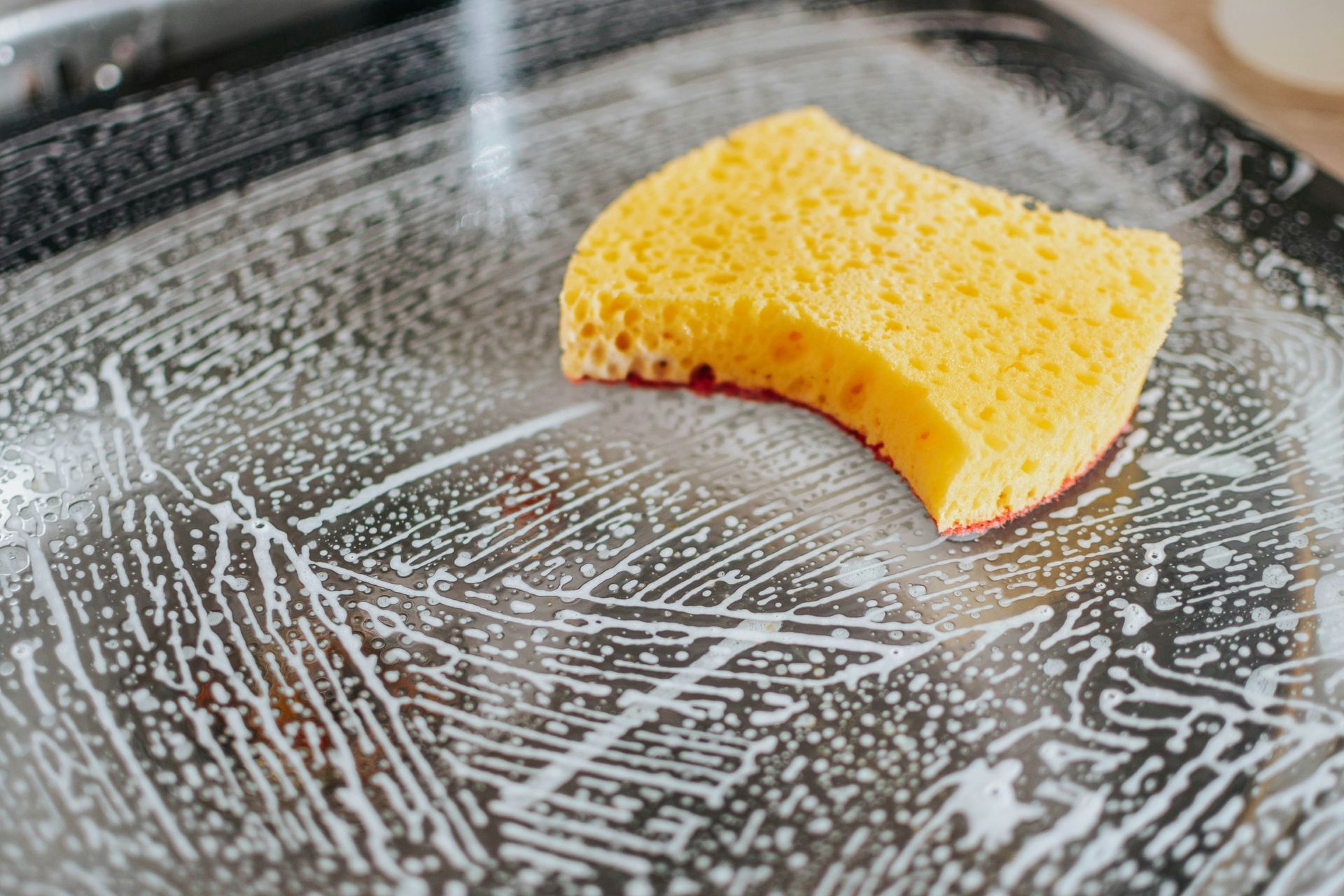
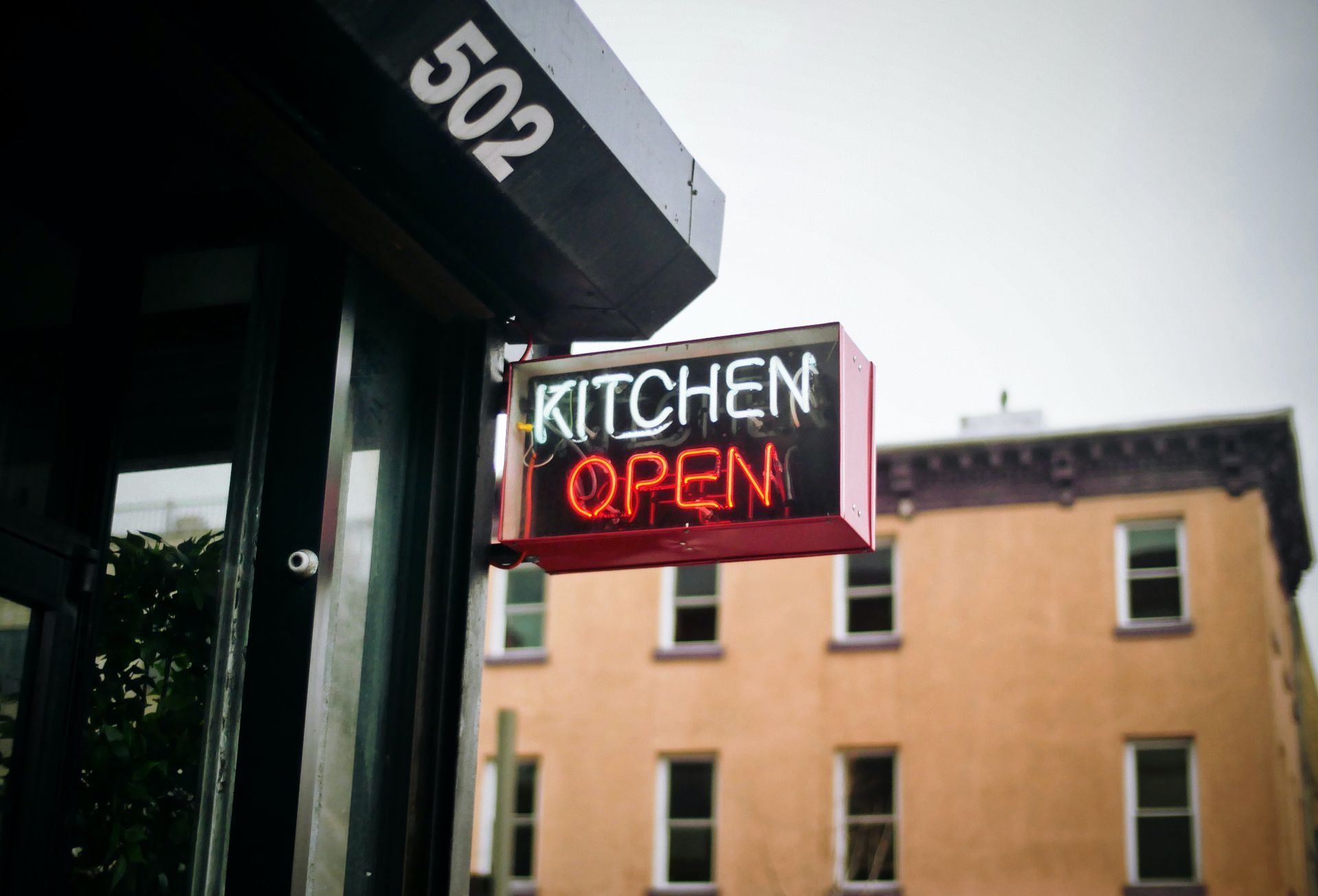


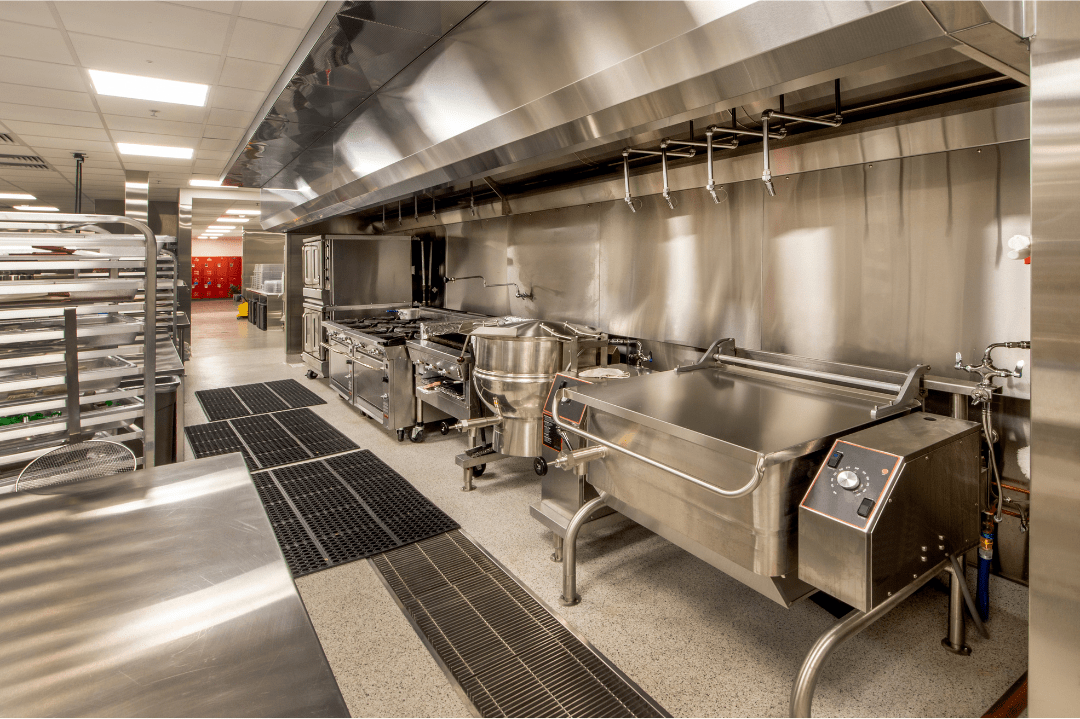
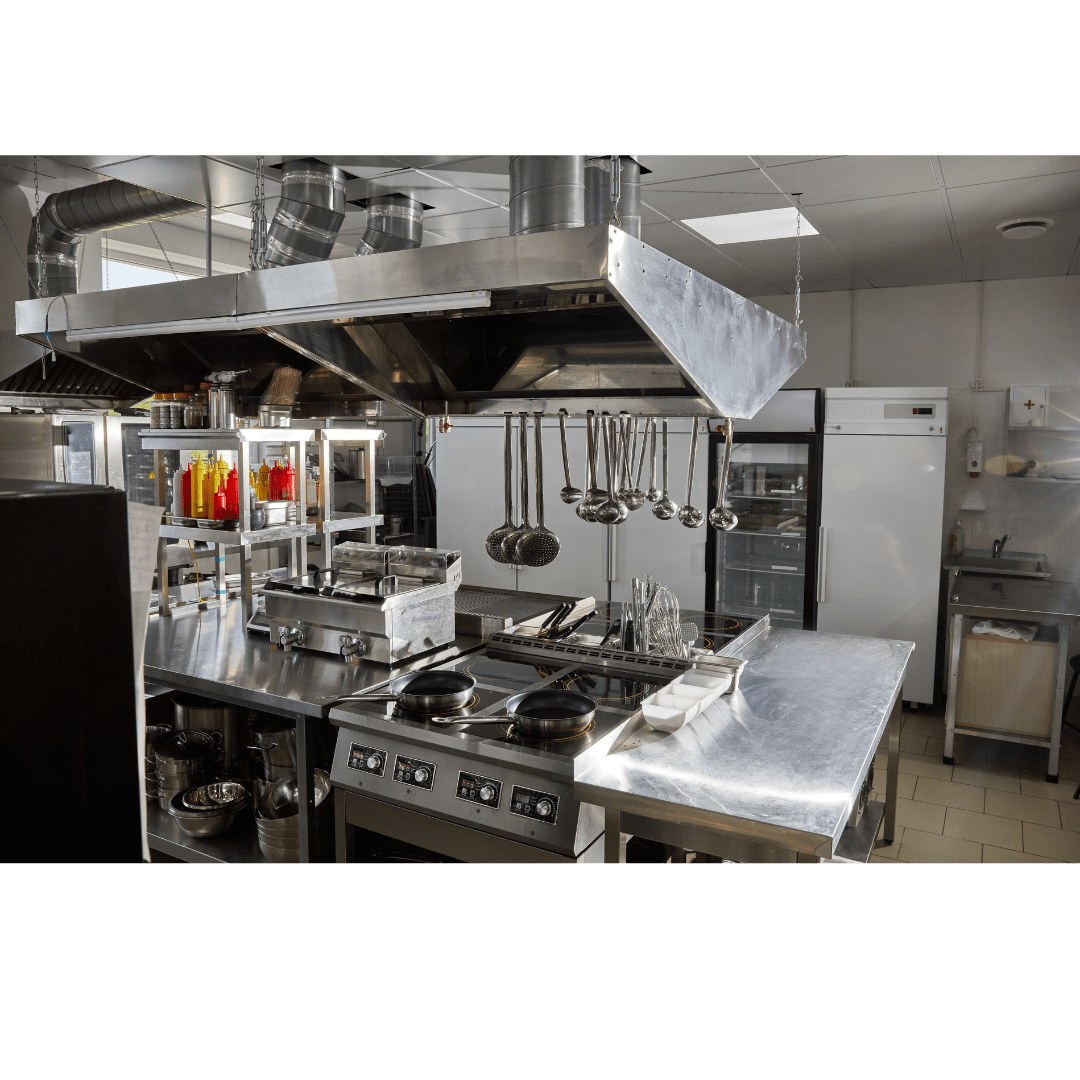



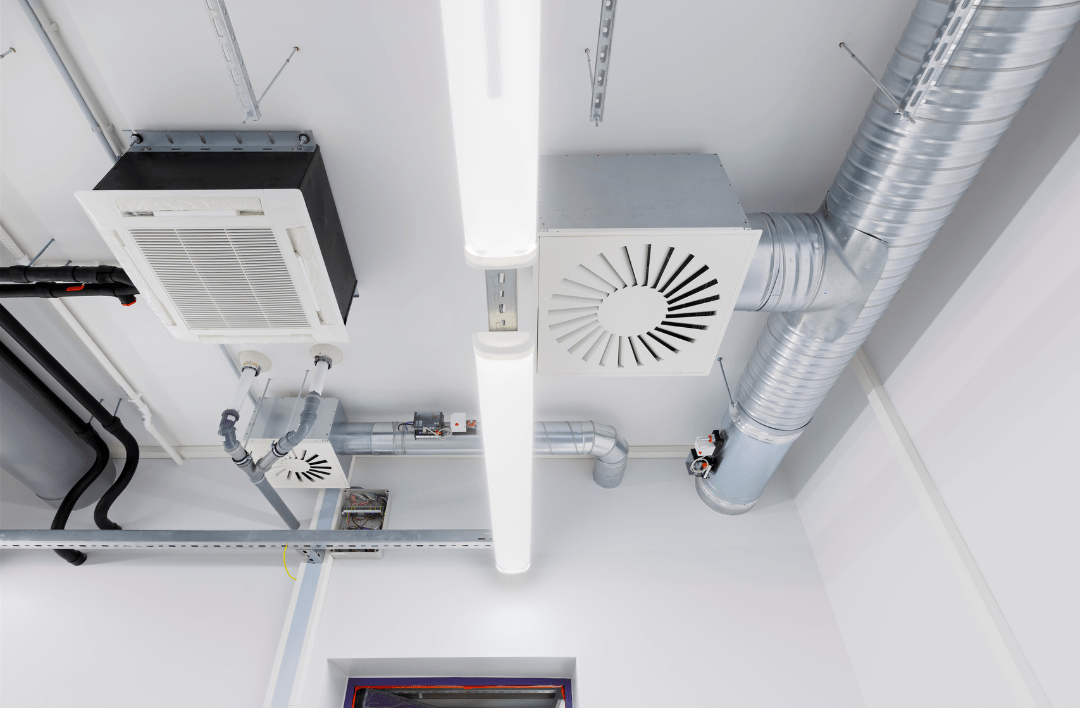
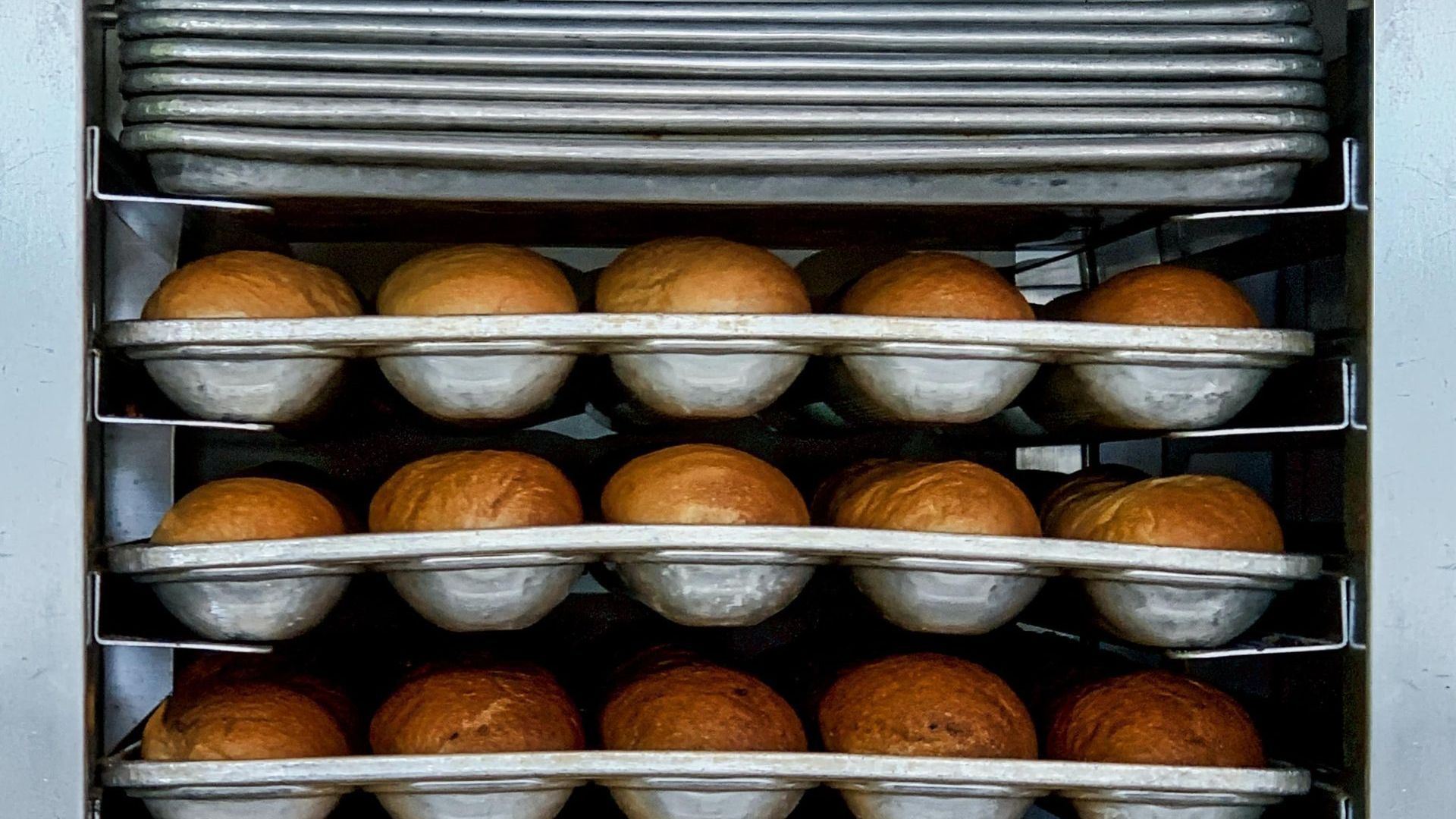
Share On: